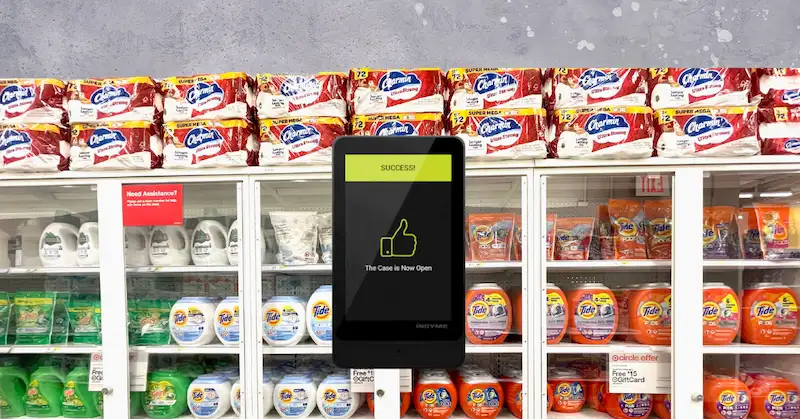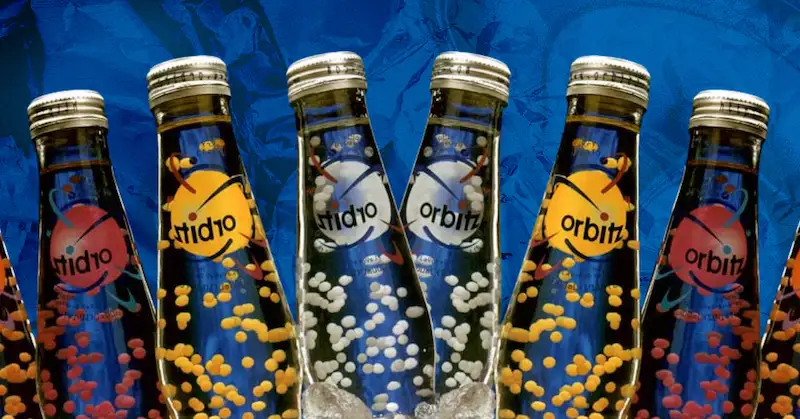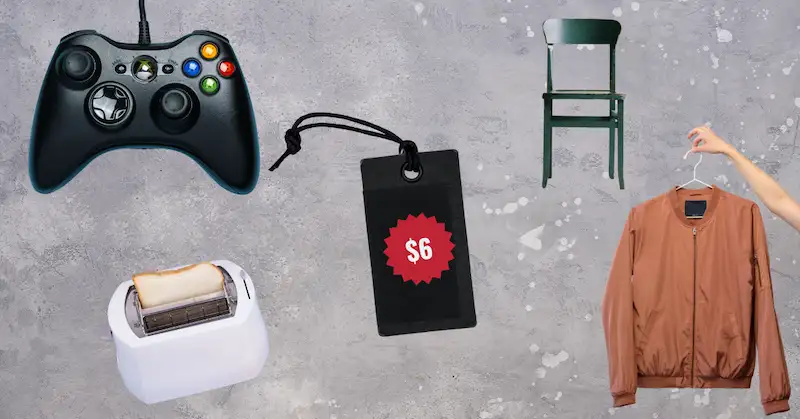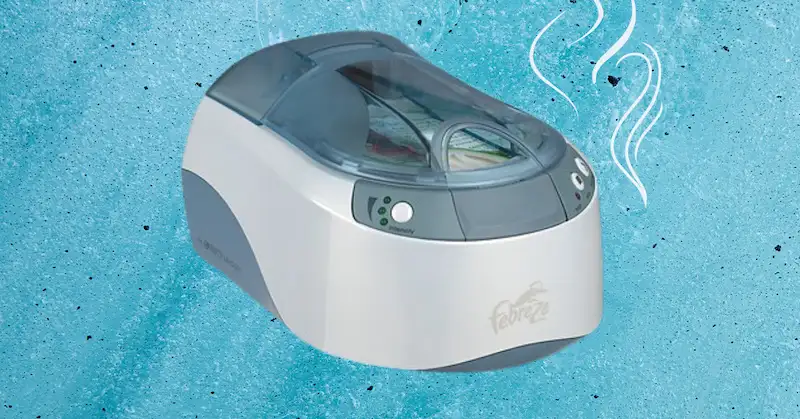Fluorescent lights, blaring music, and bustling crowds are often fixtures of the retail experience.
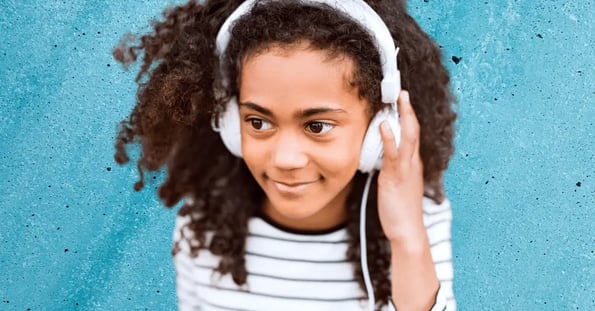
And for those with sensory issues, that can create a big barrier.
To make stores and other destinations more accessible for people with a diverse range of needs, companies are rolling out new, sensory-friendly offerings:
- Walmart announced the return of its sensory-friendly shopping hours, which will run every day from 8am to 10am. During the two-hour window, TV walls display a static image, the radio is turned off, and the lights are lowered.
- AMC Theatres has sensory-friendly movie showings where the lights are turned up and the sound turned down.
- Chuck E. Cheese holds Sensory Sensitive Sundays with dimmed lighting, a quieter environment, and trained staff.
The trend is catching on, with many museums, music events, and entertainment venues offering sensory-friendly programming.
It’s even touched the travel industry, with Royal Caribbean’s autism-friendly ships initiative and Beaches Resorts autism-friendly vacations.
It’s not just experiences
Companies are creating products that cater to customers with specific sensory needs.
- Victoria’s Secret launched an intimate apparel line for people with disabilities, including sensory-friendly fabrics.
- Kohl’s introduced an adaptive clothing brand for its top private-label kids brands.
For corporations, this is about more than just doing the right thing: An estimated 1 in 20 people in the US have sensory issues, a sizable consumer base.
And we’ll likely see sensory needs continue to be prioritized, with major brands like Starbucks pledging renewed commitments to accessibility.
One more cool thing: Chrysler partnered with the Autism Society of America on a Calm Cabin package for its minivan that includes items like a weighted blanket and seat-belt sleeve for passengers with sensory needs.
bc75.jpg)
